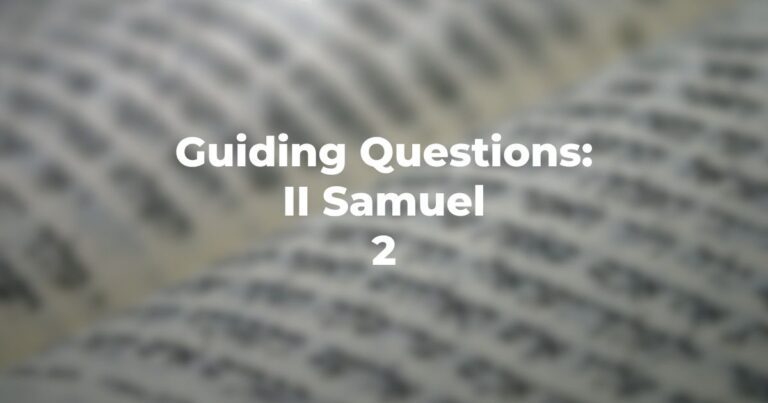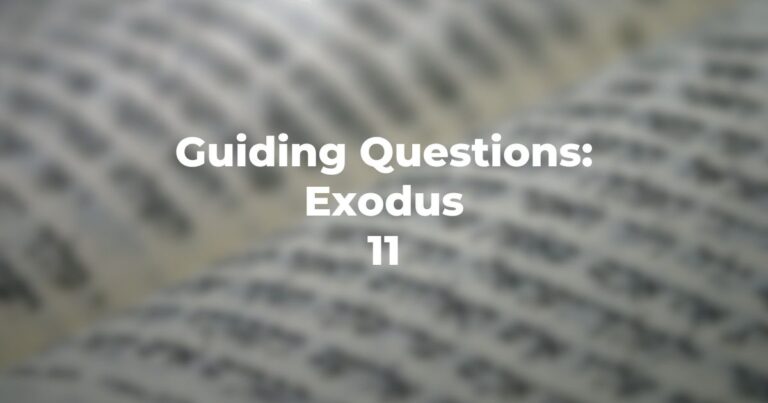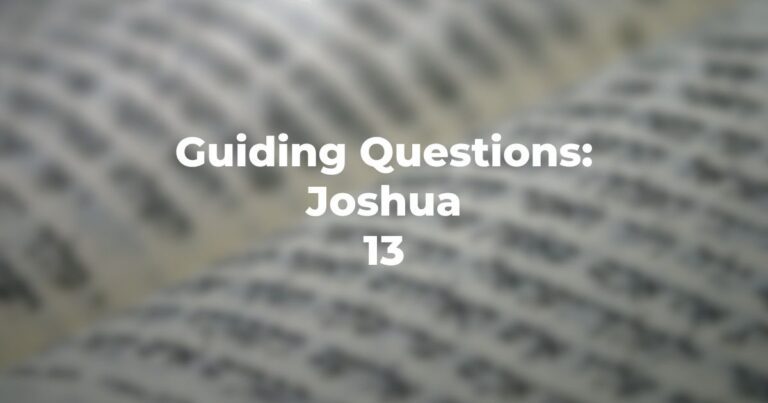This is part of the Tanakh Yomi Project.
- What does Genesis 9:1 repeat from the blessing of the creation story?
- How is Genesis 9:2 radically different from the creation story?
- Does Genesis 9:3 explain the terror and fear stated in verse 2 and how does it depart from relationships between life forms as posited in Genesis 1?
- Why is the blood of animals/birds not to be consumed with the flesh – is it because it contains the essence of life in the opinion of the author? To whom/what does that essence belong?
- How is “human blood spilling” to be accounted for – and is only human blood spilled by humans?
- And, what is the lot of a human who “spills human blood”, i.e. murder? Is this a new mandate not in the creation story?
- Are these regulations for all humanity (i.e. commands to Noah’s descendants) or only for a portion or some portions of humanity?
- What is the perpetual covenant? (Genesis 9:10-11)
- The sign of the endless covenant (Genesis 9:13) is the bow – meaning, with the bow hanging, it will not again …?
- How is this specified in Genesis 9:15?
- Again, as in Genesis 8:1, does God “require recall”?
- Why the specificity that Canaan is descended from Ham?
- Does Genesis 9:19 validate the creation story thesis – that all humanity has common ancestry (i.e. Noah – his sons)?
- Why is Noah “a man of the soil” and not a shepherd?
- What time has elapsed (been accordionized) between the “planting” and the “drinking”?
- Is this is a call for “alcoholic abstinence”?
- What is objectionable in Ham’s conduct – and how is this documented in the action of Yafet and Shem?
- Has Ham been identified elsewhere as the “youngest” son?
- Why, if Ham is “guilty,” is Canaan, his son denounced and demeaned?
- Is this, then, the text’s preference as to the “proper” relationship of the nations at a later time?
Author
-

Exploring Judaism is the digital home for Conservative/Masorti Judaism, embracing the beauty and complexity of Judaism, and our personal search for meaning, learning, and connecting. Our goal is to create content based on three core framing: Meaning-Making (Why?), Practical Living (How?), and Explainers (What?).
View all posts




